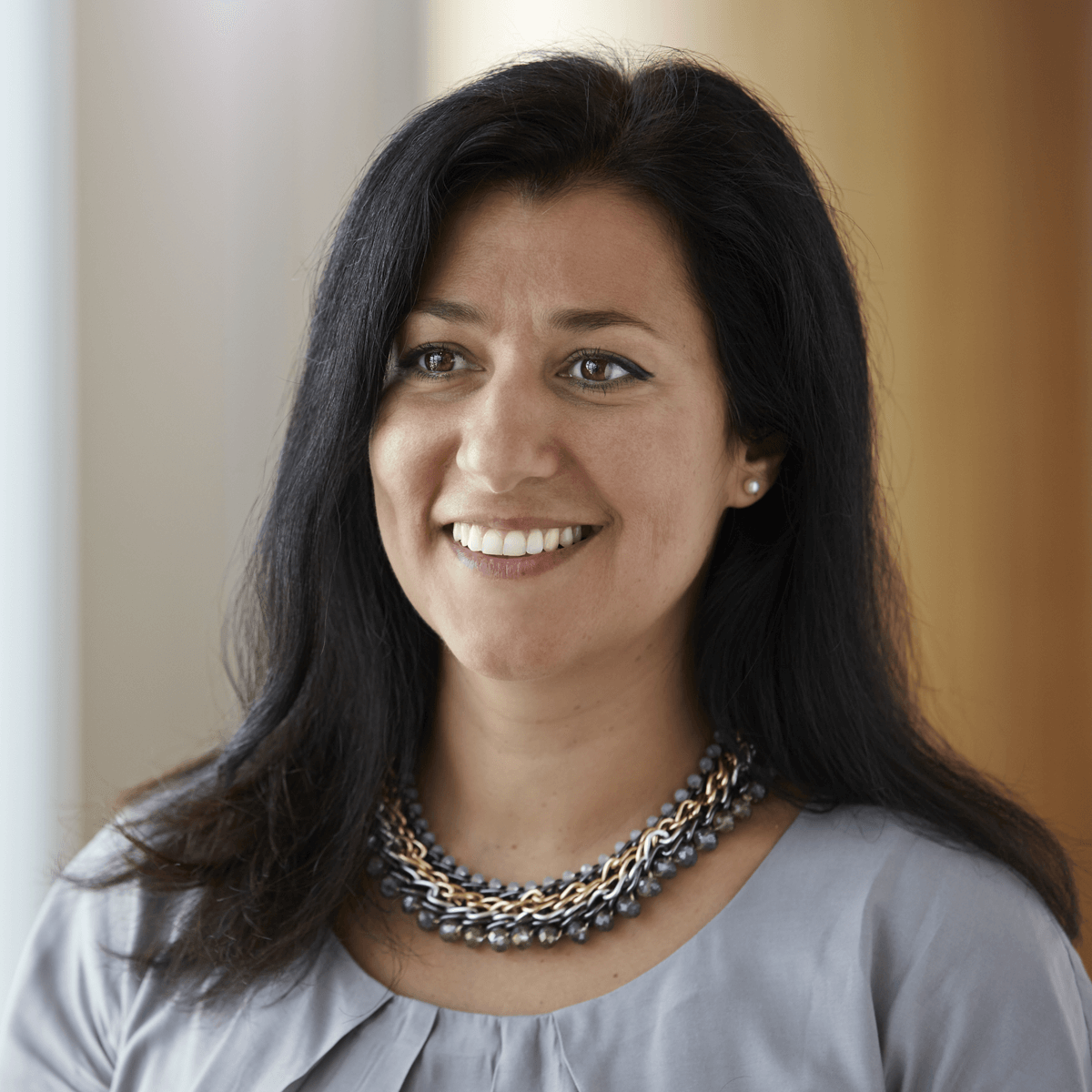Measuring Impact: The Honoris Mission to Transform the Lives of Millions Through Relevant Education
Honoris United Universities, backed by leading global investment firm Actis, is the first and largest pan-African network of private higher education institutions. Through the joined expertise of its member institutions (in North, West, Central and Southern Africa), Honoris is committed to transforming lives by providing relevant education for lifetime success. Honoris lives its core values of collaborative intelligence, cultural agility, and mobile mindsets through its mission of Education for Impact across the continent. >>read more
Formed in 2017 and leveraging its incredibly diverse network of 15 institutions across Africa, Honoris has transformed 770,000+ lives to date, upholding a legacy of 250 years’ experience in education. Championing new methods of delivery and technologies, the network has developed a tailor-made academic model designed to address Africa’s key educational challenges in a fast-changing and globalized world to improve the employability and life skills of graduates in the Fourth Industrial Revolution (4IR).
This inaugural report takes a lens to the impact that has been achieved for students, their families, their communities and therefore the African continent since the inception of the network in July 2017, up to December 2021. To better reflect and examine the extent to which Honoris has transformed the lives of learners throughout its 10 countries of operation in Africa, the report is framed around six core pillars: Quality of Learning, Employability, Communities, Innovation, Sustainability, and Network.
The Honoris Impact Report is therefore an opportunity not only to celebrate the successes made across the continent but to power and ignite the journey ahead. A journey that the people, and students of Honoris will continue to forge with the same authenticity and passion as was held five years ago.
We are committed to transforming the lives of our students through relevant education for lifetime success.
We Educate for Impact.
COMMITMENT TO THE UNITED NATIONS SUSTAINABLE DEVELOPMENT GOALS
Honoris demonstrates a contribution towards 11 of the 17 SDGs across each core Honoris Impact pillar. To support the objectives of the Goals to end poverty, protect the planet, and ensure prosperity for everyone by 2030, Honoris recognizes that a collective effort is required – involving its own employees and the many partners united to Honoris institutions, from governments and regulators, communities, employers, associations, to academic organizations.
THE HONORIS IMPACT SCORE
Honoris worked closely with Actis to calculate a precise impact score using a proprietary framework measuring the positive social and environmental impacts of Actis investments and enabling comparison across sectors and geographies. This score, generated for the first time in 2022 (on the results achieved from 2017-2021), serves as the primary benchmark for Honoris’ activities. Honoris delivered an impact multiple of 1.7x over the investment period. The absolute score and qualitative narrative for the 2021 Actis Impact Score for Honoris indicates an outcome which is very high in relation to Actis’ portfolio.
>>View ACTIS Impact Score Graph
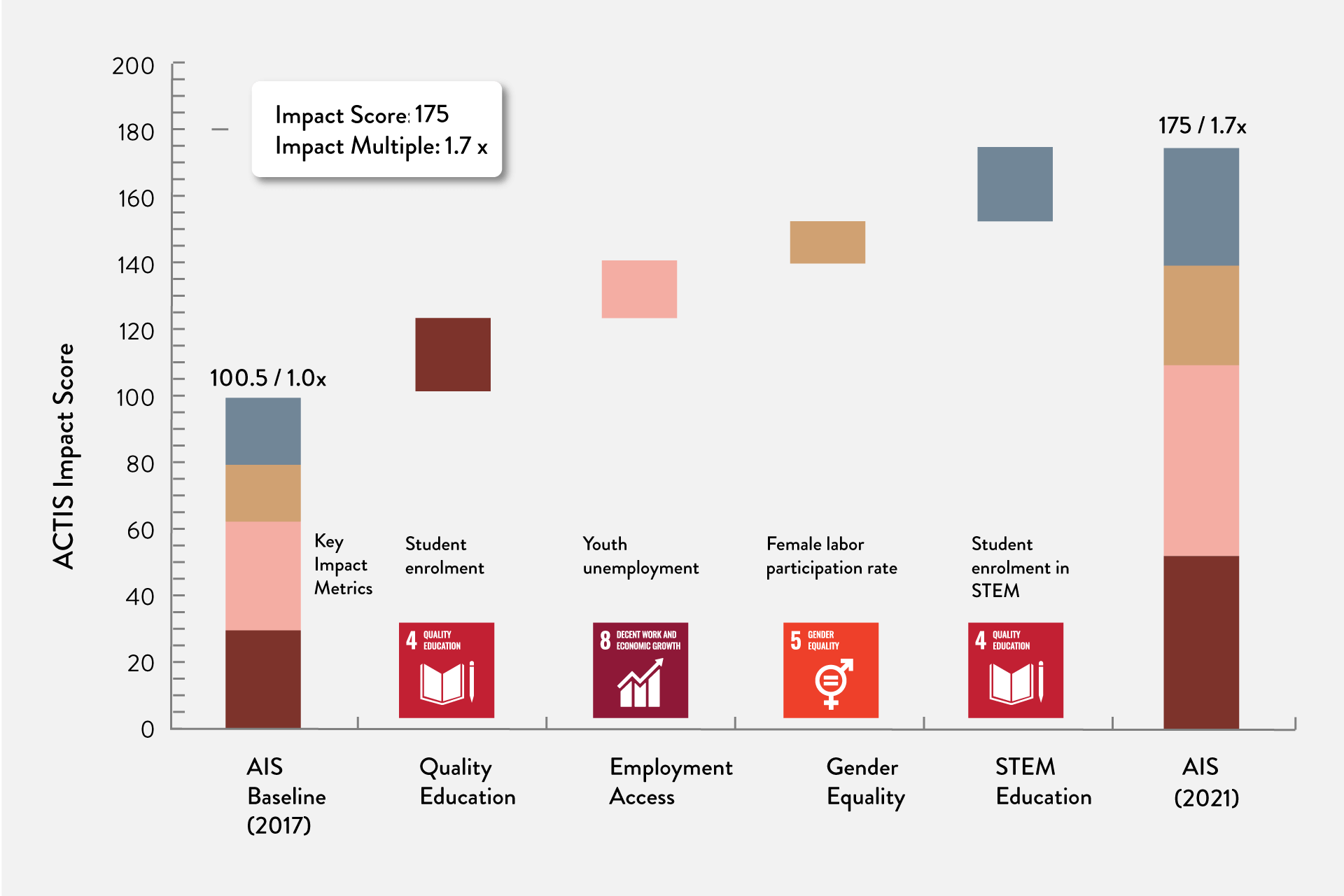
1. QUALITY OF LEARNING
Through its innovative and future-oriented learning approach, Honoris is widening access to quality education and developing world-class African human talent with an entrepreneurial mindset and 21st century skills to match, in order to thrive in the globally disrupted world of work. Honoris’ academic offering comprises 420 degrees in the fields of Medicine, Health Sciences, Engineering, IT, Business, Law, Architecture, Creative Arts, Fashion and Design, Media, Political Science and Education and are offered at undergraduate, postgraduate, Master and Doctorate levels. In 2021, 38 new programs were developed across the network. >>read more
Furthermore, all Honoris institutions meet the highest national academic standards and have received 90+ international recognitions, accreditations, and awards to date.
Quality and effectiveness of teaching and learning is overseen by the Honoris Academic Council, established to foster the sharing of academic best practices across the network, comprising representatives from member institutions with exemplary backgrounds and extensive academic experience.
At Honoris, the average success rate of our students is 88% and is above the national public university average in each market.
To further extend the network, Honoris has established exclusive academic partnerships with 190 institutions across Africa, Europe, Asia, and the USA. In Morocco, École d'Architecture de Casablanca (EAC) notably holds partnerships with renowned institutions Sorbonne University and National School of Architecture of Versailles.
Further to this is the exceptional partnership formed with Lindau Nobel Laureate Meetings that involved eight economic sciences students from Honoris’ institutions who participated in the 70th Lindau Nobel Laureate Meetings in 2021.
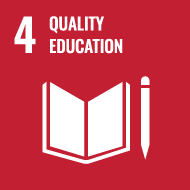
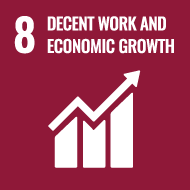
2. EMPLOYABILITY
Honoris is committed to enhancing the employability of its graduates by incorporating a comprehensive and mandatory work readiness program into the curricula, enabling graduates to develop soft skills and digital capabilities as well as real world competencies. 80% of Honoris graduates gain access to the job market within 6 months of graduating. Honoris has developed strong and mutually rewarding relationships with stakeholders in the employability ecosystem via 400+ partnerships. To prepare students for the transition from academia to the workplace, Honoris institutions provide 22 Career Centers, both physical and digital, used by more than 21,000+ students. >>read more
Honoris also emphasizes the development of the next generation of entrepreneurs who will be providers of employment in the future. Across markets, entrepreneurial hubs give students the opportunity to showcase their ideas and to build their experience with some having the chance to access funding for real-world startup ideas. REGENT Enterprise Development Hub (redHUB) in South Africa, provides a range of services to nurture entrepreneurship, whilst the Honoris COLLECTIVE LAB in Tunisia is an incubator dedicated to entrepreneurs with innovative projects. In TVET, Tunisia-based IMSET and AAC are both members of the ''National Network of Entrepreneurial Centers'' in the country supported by the European Training Foundation (ETF). Since 2021, a partnership with AfriLabs, provides access to a platform for entrepreneurship and innovation on a continent-wide scale, whilst South Africa’s Red and Yellow Creative School of Business uses real-world briefs from partners like Unilever, Absa Bank and Red Bull to give students the opportunity to deliver marketing and business solutions in simulated pitches.
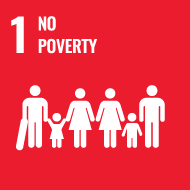

3. COMMUNITIES
Building capacity in and access to high-demand fields of study is the link to employability that focuses on the jobs of tomorrow. Honoris’ significant efforts and investments in building capacity in STEM, Health and Education verticals have yielded favorable results. Now recognized as a leader in STEM education, Honoris’ leading engineering schools (such as EMSI in Morocco and ESPRIT in Tunisia) grew from 5,200 total enrollments in 2018 to 20,400 in 2021. Similarly, in the Health vertical, Honoris supplied a capacity of 700 additional seats over the last four years in Tunisia (UNIVERSITÉ CENTRALE and UPSAT) and an additional 50 for medical students in Nigeria, now reaching 100 per year. At MANCOSA in South Africa, a focus on the Education vertical saw nearly 500 educational professionals undergo training to narrow the gap of skilled teachers required to meet growing demand across the continent. In 2021, Honoris awarded 1,000+ scholarships and bursaries to students across Africa. >>read more
From a gender equality perspective, Honoris’ partnership with Women in Africa (WIA) since 2017 is an enabling environment for the promotion of women in leadership roles, supporting 780+ women through training, scholarships and bootcamp participation. Honoris will train 20,000 women entrepreneurs from 10 African countries in the next three years as the Knowledge Partner of WIA’s JAMII Femmes initiative supported by The Coca-Cola Foundation. In Morocco, the EMSI Women in Engineering Science (WiES) promotes the role of women engineers/researchers/entrepreneurs at the heart of the development of engineering sciences in innovation, research, social life, and entrepreneurship. In Tunisia, a unique partnership between UNIVERSITÉ CENTRALE and Essec Business School (Paris) offers the Advanced Certificate Women Board Ready, whilst South Africa’s MANCOSA established the Center for Women in Leadership (CWIL). Both initiatives demonstrate Honoris’ commitment towards unlocking the full potential of women to rise and excel in leadership positions. In 2021, 53% of the Honoris network of employees were female.
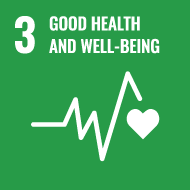
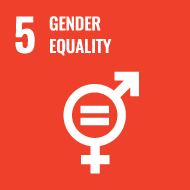
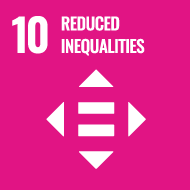
4. INNOVATION
Honoris has responded with agility to the requirements for skillsets driven by the 4IR by adding new programs such as Artificial Intelligence, Data Science, Fintech, and Cyber Security. To further integrate coding as the new second language throughout the network, Honoris launched the Honoris 21st Century Skills Certificate, the network’s first transversal program embedding the key digital and soft skills required for the new world of work. In 2021, 10,000 students enrolled onto the certificate with an additional 100,000 students projected in the next 5 years.
>>read more
As a result of its digital-first mindset and the experimentation with innovative pedagogical approaches, Honoris completed eight pilots in new academic models to explore tech-enabled learning systems, leading to new methods such as augmented (AR) and virtual reality (VR). The platform formed partnerships with some of the world’s leading technology providers, including California-based AR/VR leader EON Reality, and globally renowned adaptive learning platform Area9 Lyceum. Focusing on the most in demand skills and the highest student ROI, Honoris launched an exclusive pan-African partnership with world-leading coding bootcamp Le Wagon, establishing bootcamps initially in Morocco and Mauritius. Further in Morocco, Université Mundiapolis takes a blended approach to harnessing new academic models using AR/VR alongside traditional physical and digital delivery.
Honoris’ academic innovation seeks to combine the delivery of courses, both online and in-person, with state-of-the-art learning centers both physical and digital.
Since 2017, Honoris has established 11 multi-purpose 21st Century Learning Environments including innovation hubs, incubators, makerspaces, and cutting-edge laboratories such as the REGENT iLeadLabs and MANCOSA iTeachLab across South Africa or the Honoris Medical Simulation Center in Tunisia (accredited by the American organization, Society for Simulation in Healthcare).
The introduction of blockchain technology certificates (in partnership with BC Diploma) ensures that students have life-long shareable access to their verified certificates for employers and professional networks, with the guarantee that any certification presented by Honoris graduates is 100% authentic.
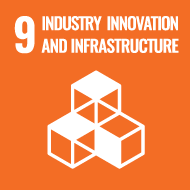
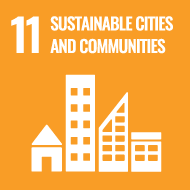
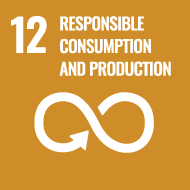
5. SUSTAINABILITY
Given the unique nature of Africa’s biodiversity and urgency in dealing with climate change, environmental factors are of critical importance to Honoris institutions. A first important step towards sustainability is examining the institutions’ carbon footprint and its role in the move towards clean, renewable energy. Nile University of Nigeria recently completed the installation of an 876-kWp solar power system to facilitate uninterrupted power supply to the entire campus and prevent 14,888 tons of CO2. >>read more
A similar approach in Mauritius returns excess energy back to the grid. In Tunisia, UNIVERSITÉ CENTRALE launched the operation ‘One student=one tree” to create a spirit of citizenship, in which each student planted a tree in the local parc El Mourouj. In Morocco, EMSI students successfully designed a smart house that is self-sufficient, modular, well insulated and cost effective. On a broader level, Honoris aims to roll out a sustainability campus plan across all institutions in the network by 2023 to identify energy efficiency and carbon savings measures.

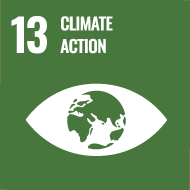
6. NETWORK
With the footprint growing from 27,000 in 2017 to 61,000+ students today, Honoris is the first pan-African education focused platform to truly connect minds and increase opportunities to uplift communities and foster mobility across the continent. >>read more
Honoris holds 18% market share in its combined markets, translating to approximately 1 out of 5 students in private Higher Education within these markets choosing to invest in their education through an Honoris institution.
At the Group level, despite disruption caused by the pandemic, Honoris sustained a 90%+ employee retention rate, with strong adherence to its internal Code of Conduct and comprehensive whistleblowing process.
From a governance perspective Honoris makes a deliberate contribution to ESG in all operations of the business, whilst also serving as a proponent of social infrastructure to provide education aligned to developing individuals that can make an impact across the ESG spectrum within their own communities over their lifetime.

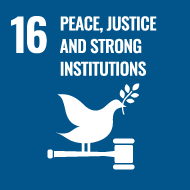
LOOKING FORWARD
Honoris aims to transform 1.5 million lives by 2027 by reshaping the education landscape in Africa. We will continue to use this annual impact report as a benchmark to provide other education stakeholders with practical examples and promising practices of disruptive, future-proof education delivery.
Through a targeted and systematic approach to both expansion in existing markets and entry into new markets (such as Egypt, Ivory Coast, Senegal and Kenya in the short term), Honoris will enhance its commitment to transforming the economic prosperity of Africa through its Education for Impact mission.
Signed on behalf of Honoris United Universities
Shami Nissan
Partner, Sustainability for Actis
Shami Nissan shares her thoughts on what Education for Impact means to her:
"Education for Impact means being intentional about the way we educate the next generation of leaders. It is important for an organization to know what their goals are and to set out a plan to achieve them. Success should be intentional. For this to happen, an organization would need to have an awareness that matches their intentionality; the foresight to make provisions for the possible outcomes of the steps they will take in their endeavours.
Honoris has set its vision and has proceeded with intention in providing students across Africa with high quality education that is accessible and affordable. Furthermore, in sewing an internal spirit of fairness and responsibility, and striving to provide services that are sustainable and purpose-driven, Honoris will reap the kind of students that will emulate these core values in the way they go on to make their impact in the world."
